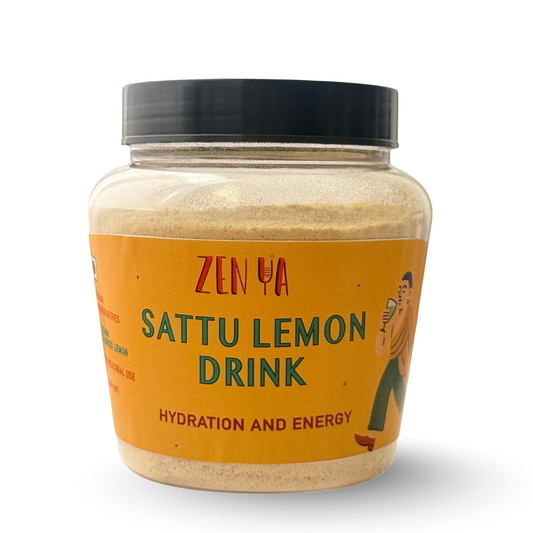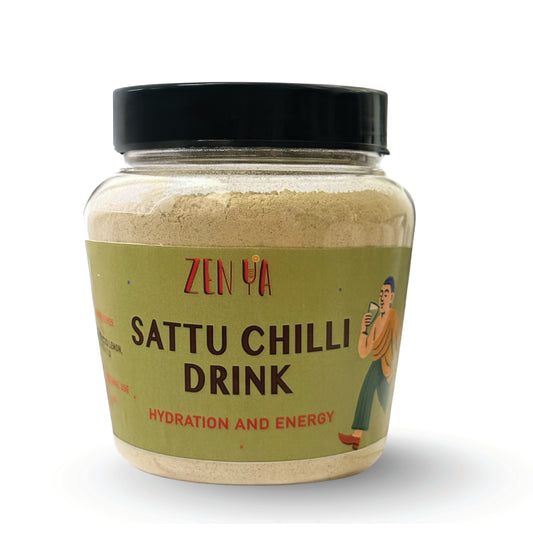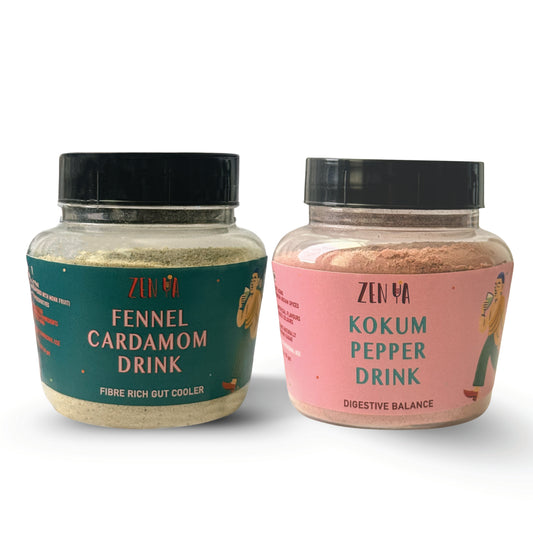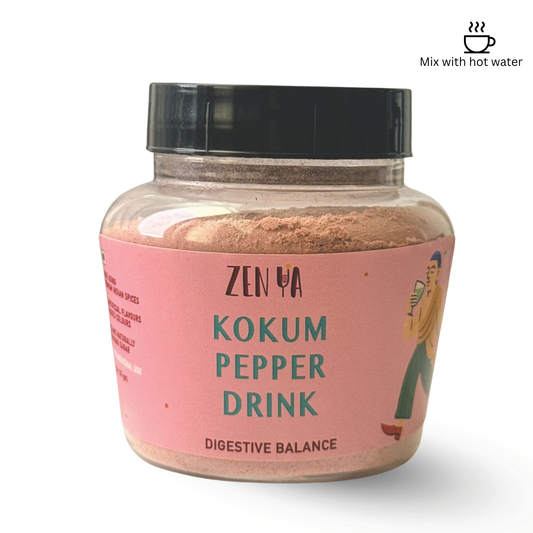
Sugar-Free Isn’t Always Guilt-Free
Share
Walk down any “health” aisle and you’ll spot it — the shiny promise of zero sugar. From sodas and protein bars to wellness drinks and dessert mixes, sugar-free is the new gluten-free.
But what’s replacing sugar in all these products?
And more importantly — should you trust it?
Welcome to Truth or Trend, where we peel the labels and decode what’s really inside that “guilt-free” treat.
🍭 What Are Artificial Sweeteners, Anyway?
Artificial sweeteners are substances that mimic the sweetness of sugar without the calories. They’re often hundreds of times sweeter than sugar, so only tiny amounts are needed.
Some of the most common ones include:
- Aspartame (Equal, NutraSweet)
- Sucralose (Splenda)
- Saccharin (Sweet’N Low)
- Acesulfame-K
- Sugar alcohols like erythritol and xylitol
- And newer “natural-ish” options like stevia
✅ The Promised Benefits
Artificial sweeteners became popular because they:
- Help reduce calorie intake (in theory)
- Don’t spike blood sugar like real sugar
- Allow diabetics to enjoy sweet things without crashes
- Seem like a way to have your cake and eat it too — guilt-free!
Sounds like a win, right?
⚠️ But Here’s the Fine Print
Sweeteners aren’t as sweet as they sound. Here’s why:
They Can Confuse Your Body
Your body tastes sweet but doesn’t get calories. This can disrupt hunger cues, leaving you unsatisfied or craving more later.
They May Impact Gut Health
Some sugar alcohols and artificial sweeteners can disrupt your gut microbiome, causing bloating, gas, or even diarrhoea in sensitive folks.
They Reinforce a Sweet Tooth
Even if there’s no sugar, sweeteners keep your palate addicted to sweetness — which might make it harder to shift to a more balanced, whole-foods-based diet.
The Science Is Still… Evolving
Studies on long-term safety are mixed. Some show neutral effects, others raise concerns about metabolic health, insulin response, or cardiovascular impact — especially with frequent consumption.
🧠 Natural ≠ Automatically Safe
You’ll also see “natural” sweeteners like stevia or monk fruit everywhere now. They’re plant-derived, yes — but often highly refined before they land in your drink.
So while they may be a better alternative to synthetic ones, “natural” on a label doesn’t always equal “whole” or “beneficial”.
What You Really Want to Know
Q. Are Artificial Sweeteners Healthy?
A. It depends on your definition of “healthy.”
They’re low or zero-calorie and can help reduce sugar intake. But they don’t nourish your body, and their impact on metabolism, cravings, and gut health is still being studied. For many people, occasional use is fine — but relying on them daily as a health crutch? That’s questionable.
Q. Is Sugar-Free Good for Weight Loss?
A. Not always.
Some people consume more calories later because sugar-free products can mess with hunger cues. Plus, just because something says “sugar-free” doesn’t mean it’s calorie-free (looking at you, ultra-processed protein bars).
Q. Best and Worst Sugar Substitutes?
A. Here’s a simplified take:
| Sweetener | Type | Pros | Cons |
| Stevia | Natural-ish | Zero-calorie, plant-based | Bitter aftertaste, highly processed |
| Monk fruit | Natural-ish | No calorie, no blood sugar spike | Limited research, expensive |
| Erythritol | Sugar alcohol | Tooth-friendly, low GI | Can cause bloating/gas |
| Aspartame | Artificial | Widely studied, calorie free | Controversial, taste concern |
| Sucralose | Artificial | Heat-stable, common in cooking | May alter gut bacteria |
⚠️ Pro tip: Try not to lean on any sweetener too heavily. Even the “best” ones are best used in moderation.
🔍 Final Word: Truth or Trend?
🚫 Trend: Sugar-free = health halo
🧠 Truth: Artificial sweeteners have pros, cons, and question marks
📚 Takeaway: Read labels, trust your gut (literally), and don’t let marketing outsmart your common sense




